Bhansali upset over 'Black' controversy


Send us your feedback to audioarticles@vaarta.com


A pained expression clouds Sanjay Leela Bhansali's face - he has just read some negative comments about him made by a deaf-blind assistant of "Black", accusing him of non-payment.
"I can't understand this outburst!" Bhansali exclaims.
"The boy Zamir claims he helped Bachchan and Rani Mukherjee to learn sign language for 'Black'. But what about his friends like Pradeep, Mary, Chandrakant and Sangeeta, who were also on the sets constantly to brief Bachchan and Rani on the nuances of their characters?"
"Why has Zamir chosen to take credit away from his colleagues? Why this 'me, myself' attitude?" Bhansali told IANS.
The controversy erupted when one of the boys, Zamir, from the Helen Keller Institute for the Deaf and Blind, told a daily that Bhansali had not given him his due, despite his having helped out on the sets.
"I'd like to put it on record that 'Black' has been made because of special people like Zamir whom I don't call the children of a lesser god. I call them god's chosen ones. Although they cannot see or hear, they know the truth about life much more than us, the so-called normal people."
Bhansali stops to think, and sighs, "That's why I can't understand why Zamir wants to malign a movie that's my gift to him and his friends.
"He claims I didn't give him a salary for 'Black'. I agree. I didn't. But that's only because the director of the Helen Keller Institute, Beroz Vacha, explicitly told us not to let any money exchange hands," said the director, whose film "Devdas" had been India's entry to the 2002 Oscars.
Vacha was also of the same opinion. "The whole story has been projected in a very bitchy manner," she says.
"When the correspondent asked me about the monetary aspect of Sanjay Bhansali's interaction with members of our institute I clearly told her there was no talk of any money exchanging hands," Vacha says.
"Sanjay has had the courage to make a film about the physically impaired, without songs and dances. 'Black' is a big gamble for a big filmmaker like him. Thanks to him people will be more aware of deafness and blindness," she says.
Sangeeta Gala, a physically challenged crewmember of "Black", also agrees with Bhansali when she says: "I can't understand why Zamir has spoken so badly about Sanjay. I've known Zamir for 15 years. He seemed so happy that Sanjay had made a film about the deaf and blind.
"I feel Zamir has been misrepresented in the press. But if he has spoken any of the terrible things against Sanjay then Zamir has done a great wrong," says Gala, who also assisted Sanjay in his maiden film "Khamoshi".
"We undertook extensive research, visited the Helen Keller Institute For The Deaf & Blind headed by Vacha who's my guru.
"During the pre-production work of 'Black' I did a lot of homework with Rani and Bachchan. We rehearsed to get the sign language right. At first Rani wasn't sure whether she could carry it off.
"I wondered whether I'd be able to teach Bachchan sign language! He's such a huge star. (But) it didn't take him long to get a grip over the body language and other nuances of the character of a teacher to the deaf and blind," says Gala, whom Bhansali calls "an anchor on the sets".
But Bhansali is greatly troubled.
"Years ago when I was a nobody I made my first film about a couple whose hearing and speech are impaired. Everyone told me 'Khamoshi' was like suicide at the start of my career. 'Who would want to see a film about two people who can't talk or hear?' But I didn't care.
"Today after 'Hum Dil De Chuke Sanam' and 'Devdas', the market demanded that I make another spectacular epic with songs and dances. Instead I chose to make another film about those less privileged. No songs, no dances, there are only the sign languages of the heart crisscrossing through 'Black'.
"I'm sorry to know Zamir thinks I'm not a nice man. I'm not here to prove whether I'm nice or not. I'm here to create the films that are true to my soul. 'Black' has given me the chance to do so," Bhansali said.
The hurt is hidden away from view as the director tries hard to control his emotions.
"All of us involved with the project are very proud of what we've done in 'Black'. We've given a vision, voice and attention to people who are never heard by mainstream society."
After a pause, he continues: "I think it's in extremely bad taste to talk about your own conscience and where it takes you.
"I'm not one of those who writes cheques for the distressed and then goes on television to talk about it. No! But I feel I'm being deliberately maligned at a time when my film is on release," says Bansali, who is now planning a series of charity shows for the physically and emotionally challenged.
Follow us on Google News and stay updated with the latest!
Comments
- logoutLogout

-

Contact at support@indiaglitz.com




 Follow
Follow


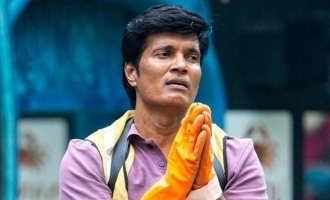
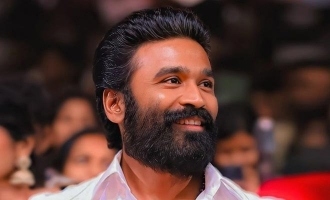
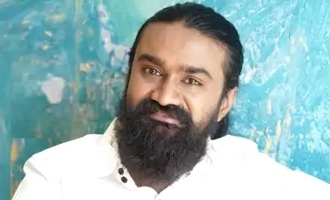
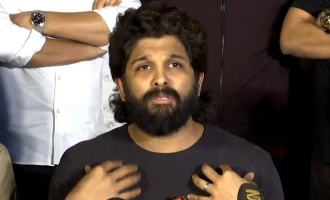
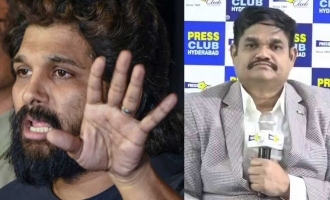
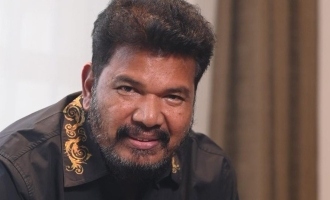
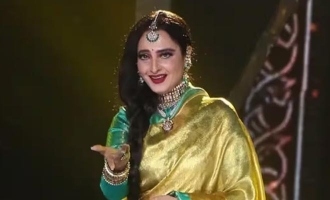

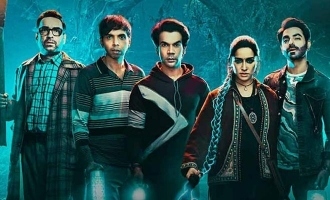
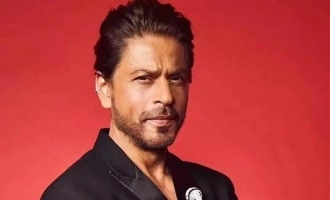
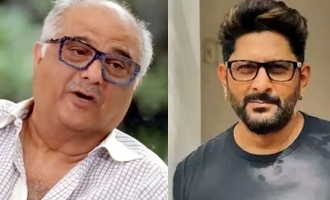
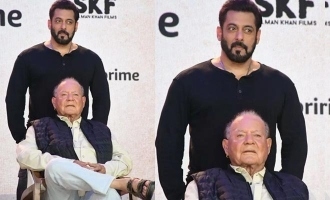
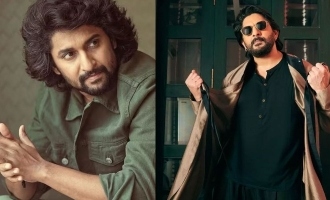
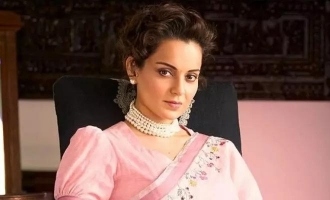
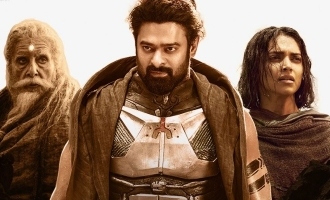

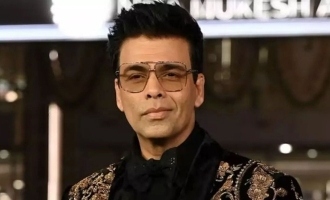
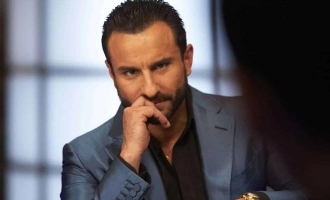
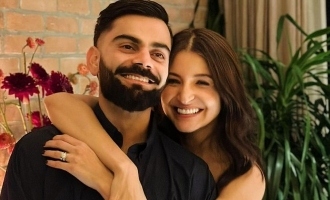
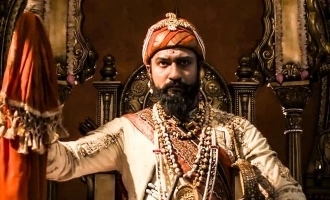
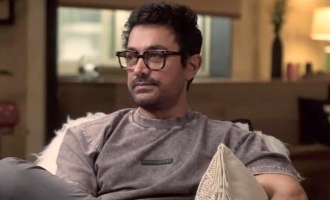

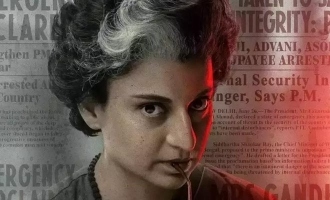
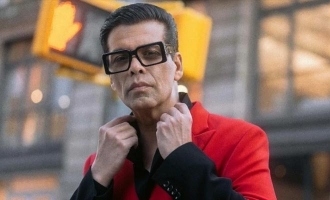
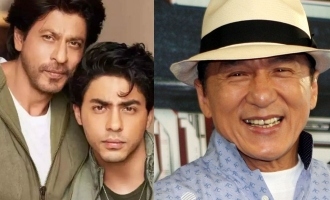
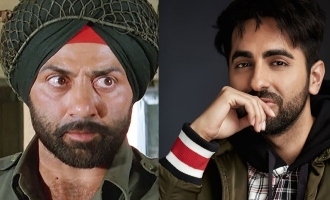
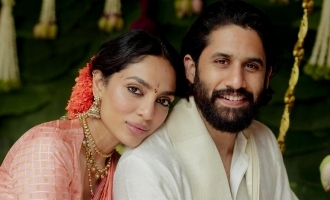


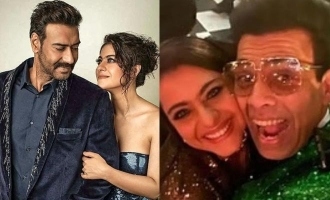
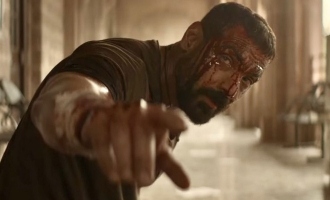
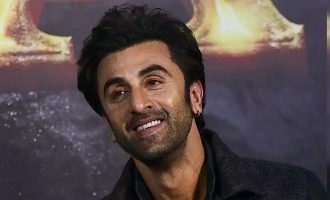
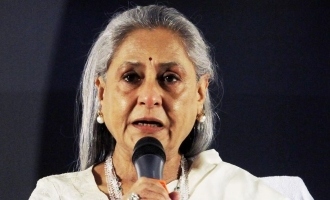
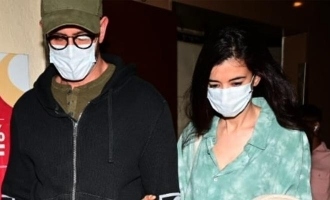
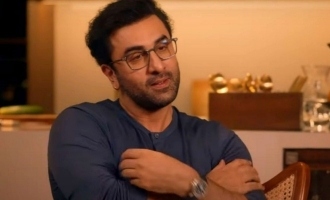






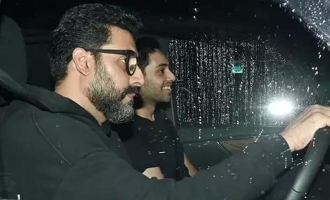
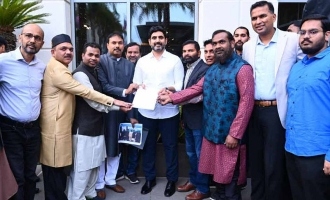
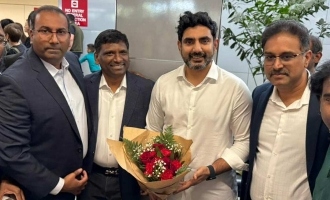
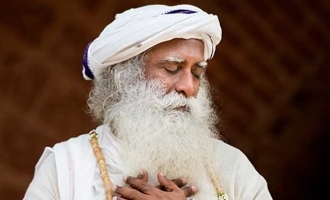
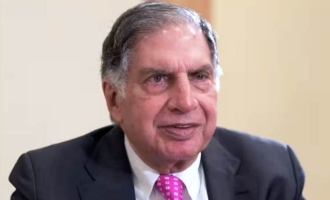
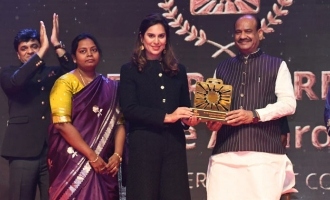
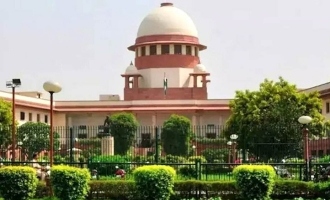
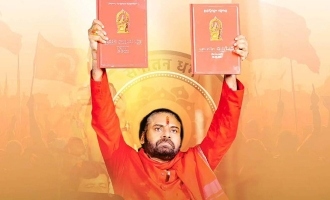
-a3e.jpg)
-3c4.jpg)
-e5c.jpg)
-e66.jpg)









